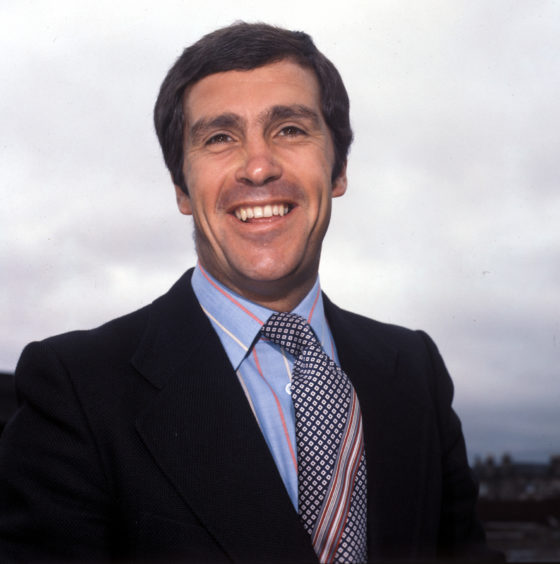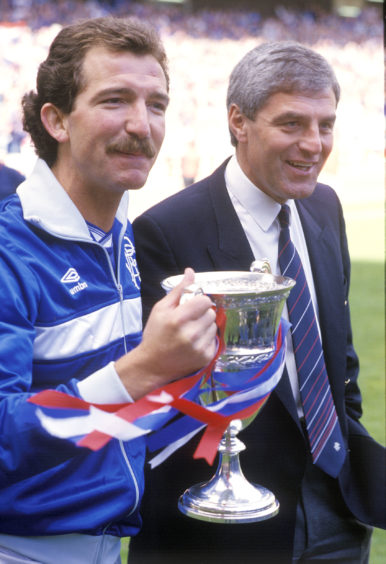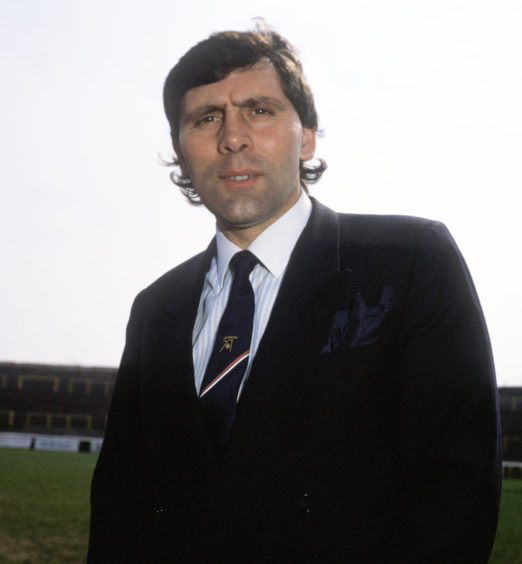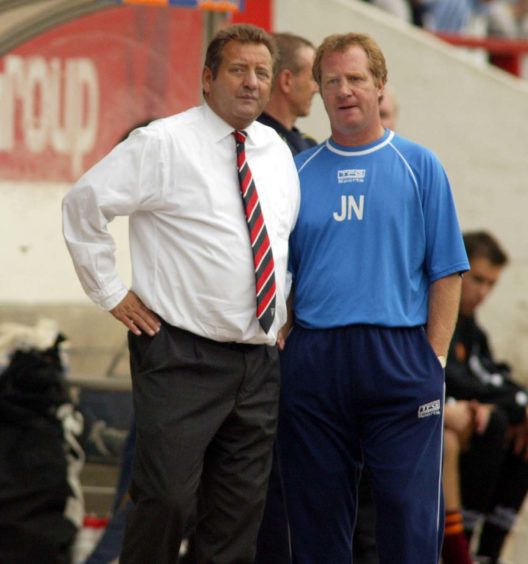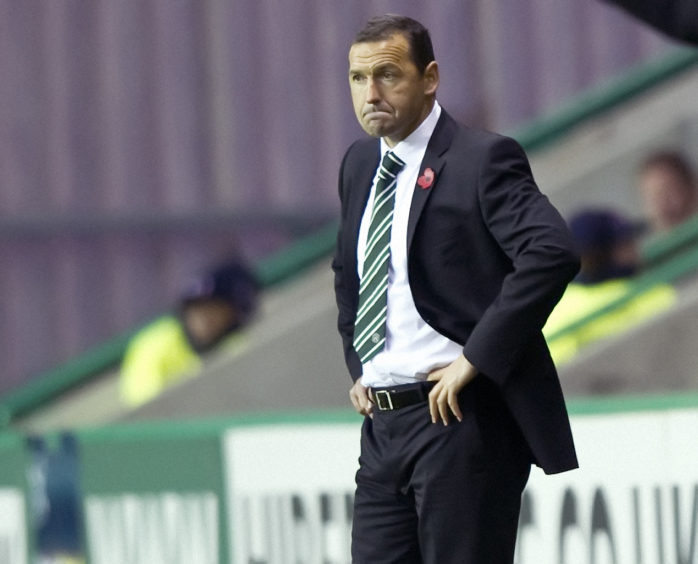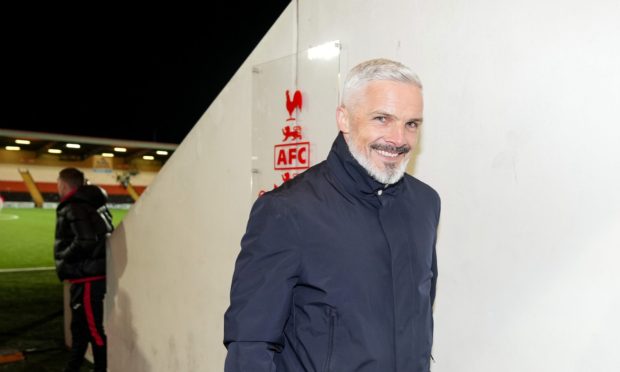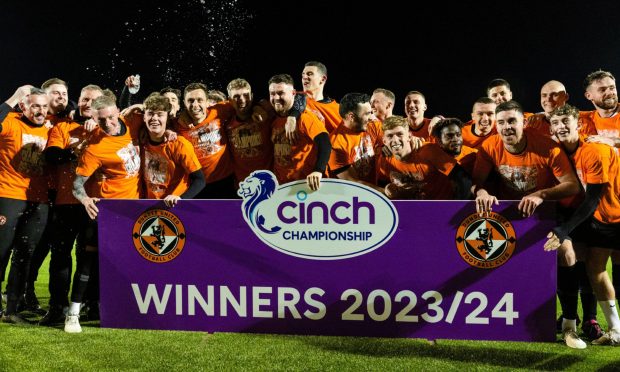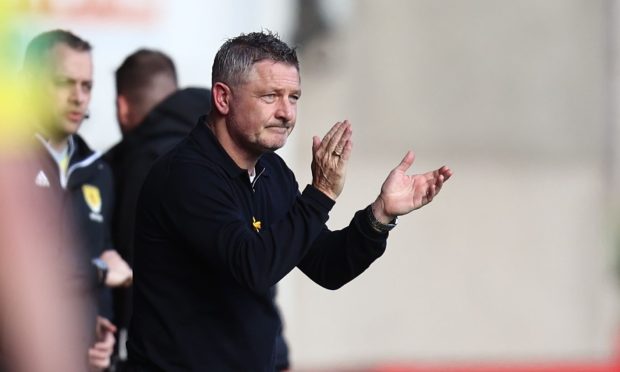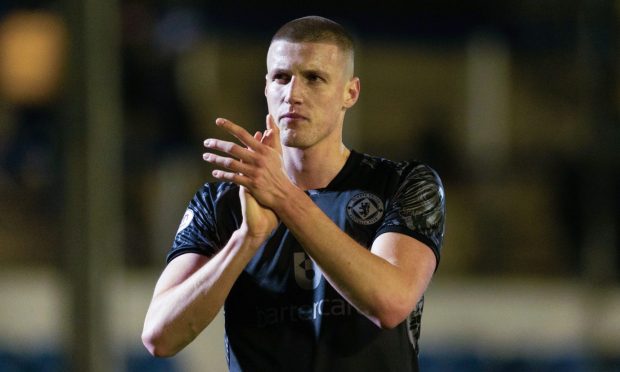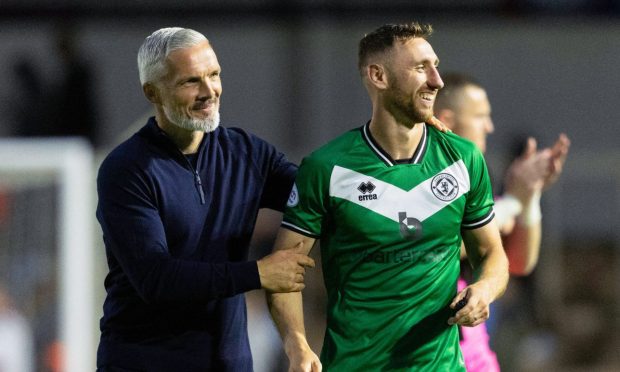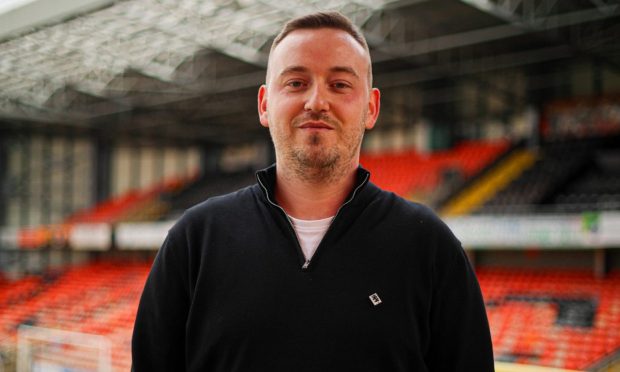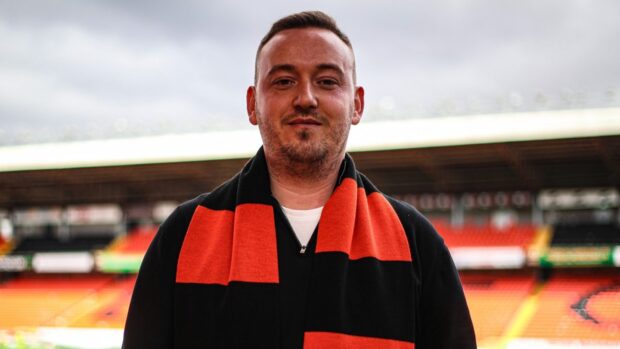It isn’t just the headline writer’s dream of a surname that has caught the imagination of Scottish football now that Dundee United have appointed Micky Mellon as their latest manager.
The puns will soon grow old (hopefully).
The biggest source of intrigue is the fact that here is a born and bred Scotsman whose entire footballing career, on the pitch and off it, has played out beyond the borders of his homeland. And the biggest question is – will his undoubted managerial skills be transferable into a country and league he has never worked in before?
Mellon left as a teenager and is only now coming back to work as a 48-year-old, with 21 years of experience in the senior game behind him.
As a returning Scot, the former Tranmere Rovers boss isn’t treading new ground, though.
Eric Nicolson looks at five homecoming heroes (or otherwise) who have taken a similar career path –
1. Bobby Moncur – Hearts manager February 1980 to June 1981
The word legend is over-used in football but the glove certainly fits for Moncur and Newcastle United. Last year was the 50th anniversary of the club’s Fairs Cup triumph over Ujpest Dosza and it remains the last piece of major silverware the success-starved sleeping giant has to its name.
Like many young Scots in the 1960s, the Perth man went straight to England at the start of his professional career rather than to a Scottish club. A dozen years at Newcastle were followed by two at Sunderland and then one with Carlisle United. That he was capped 16 times in the most competitive era there has ever been for Scottish centre-backs says it all about Moncur’s stature as a player.
There was nothing to mark him out as a touchline great in the making after he hung up his boots and took charge of Carlisle for the best part of four years but Hearts took a chance on him when they got rid of Willie Ormond near the beginning of 1980.
The Jam Tarts were actually top of the second tier at the time and Moncur finished the job off to take them back into the top flight but he then undid the good work by following it up with a relegation.
It was a time of boardroom change at Tynecastle and Moncur has a claim to fame of being the first manager to leave in the Wallace Mercer era. The prize for first to be sacked went to Tony Ford, Moncur’s English assistant, who only lasted five months after him.
A win percentage of 28, just one better than Ian Cathro, is nothing to be proud of but at least Moncur left a legacy, and one that Dundee United fans could be grateful for. Dave Bowman was introduced to the first team squad under him, as were John Robertson and Gary Mackay.
2. Graeme Souness – Rangers manager April 1986 to April 1991
The Moncur year-and-a-bit won’t feature prominently in Hearts folklore but that’s certainly not something you could say about Graeme Souness and his half-decade at Rangers.
Not many men have had as enduring an impact on their club or the Scottish game in the last 50 years as Souness at Ibrox.
Half-empty stands and mid-table finishes were the norm when he arrived and full-houses and league domination were the recurring theme when he left.
Backed by serious money, Souness used the fact that he was steeped in English football culture rather than Scottish a pro rather than a con. His exalted status down south made selling Rangers – who could offer European football during the post-Heysel ban, it must be said – to the likes of Terry Butcher, Chris Woods and Trever Steven much easier.
Maybe the key to it all, though, was the appointment of Walter Smith – a number two who knew the Premier League and its players inside and out (even if his well-intentioned word in the ear for Souness ended up with a case of mistaken identity and the player-manager getting sent-off at Easter Road in his debut).
3. Ian Porterfield – Aberdeen manager November 1986 to May 1988
Maybe the Souness effect had reached Pittodrie when the Aberdeen board were presented with the task of all tasks a few months into the 1986/87 season – replacing Alex Ferguson.
They too went for a man who had sculpted his reputation in England.
There is a bit of cheating with this one as, unlike the other four, Porterfield played three seasons of Scottish football with Raith Rovers after the homesick Fifer decided Leeds United wasn’t for him. When he did go back though, he made his mark, scoring the winning goal for Sunderland in the 1973 FA Cup final, to beat Leeds ironically.
Let’s be honest, Aberdeen got it horribly wrong. It was a big job and a couple of promotions in the English lower leagues with Sheffield United didn’t represent a deep enough body of work to equip him for the task of renewing the Dons and challenging Souness.
Looking to England for his right-hand man and for many of his signings (Gary Hackett and Tom Jones anyone?) didn’t pay off and there was an inevitability to his end-of-season departure in 1988.
4. Jimmy Calderwood – Dunfermline manager November 1999 to May 2004
You’d struggle to extract any meaningful moral of the story for Mellon to take from the three above, other than the importance of getting your backroom team right.
The new United boss could realistically look to emulate Jimmy Calderwood, however.
After decent if unspectacular careers as a player, both men did much more than serve an apprenticeship in management before they came home, Calderwood just a few years younger than Mellon is now.
Calderwood coached/managed at four Dutch clubs, while Mellon has got the same number of senior teams on his CV in England.
Mellon will certainly be happy if his impact at Tannadice is as instant as Calderwood’s was at East End Park.
Dunfermline were reported to have paid NEC Nijmegen £200,000 to get their man and it proved money well-spent when he guided the Pars to promotion within five months.
With Jimmy Nicholl beside him (there’s your steeped in the Scottish game sidekick again) Calderwood established the Pars as an upper half, top flight club and took them to a Scottish Cup final.
Calderwood’s freshness (no Dunfermline fan will forget the switch to 2-4-4 formations when they were chasing a game) proved to be a real asset and United can hope to similarly get the benefit of the unpredictability factor with Mellon.
5. Colin Calderwood – Hibs manager October 2010 to November 2011
If Jimmy Calderwood’s return to Scotland with Dunfermline is an example to follow, Colin Calderwood’s at Hibs is one to avoid.
The Scotland international didn’t get a silver spoon as a player – working his way to the France ’98 World Cup from starting out at Mansfield Town – and the same was true as a coach.
Time spent as a manager at Northampton and Nottingham Forest, followed by a spell as Chris Hughton’s assistant at Newcastle, meant Calderwood should have had a fighting chance of success at Easter Road when he was head-hunted in October 2010.
Even in a turbulent era of eight permanent managers in 10 years, Calderwood’s record of 12 wins in 49 matches, including a Scottish Cup defeat to a Second Division side, was lamentable.
From early on it felt as if he was passing through, and so it proved. Not taking control of a dressing room and not being fully immersed in the club and the local area are traps Mellon will surely not fall into at Tannadice.

